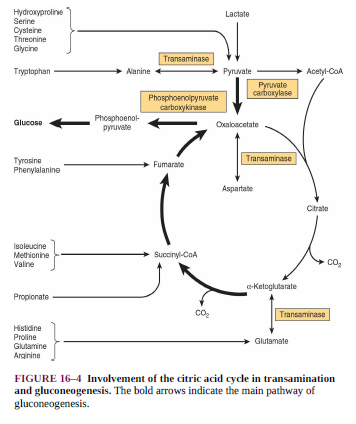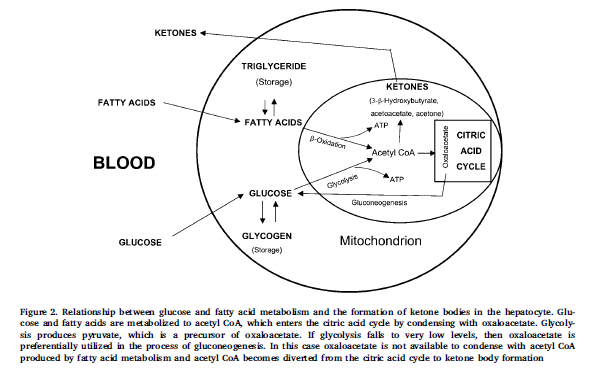As a non-diabetic, I have basically zero blood sugar response to protein. As a person who lifts weights and exercises, I also like increased protein. I am still continuing to lose weight, while eating protein levels that are well beyond what’s recommended here.
Moreover, can anyone cite an RCT of increased protein versus decreased protein where the decreased protein had a benefit? I know of not one.
This is from studies of overfeeding:
" Protein is a special macronutrient. The body does not necessarily gain fat when overfeeding protein."
In other words, if you overeat protein, you will not gain as much body mass as if you eat carbs or fat (where the fat is likely also carb related).
Another one:
"However, recent evidence suggests that there is a quantitative difference in protein versus carbohydrate and/or fat overfeeding as it relates to body composition. Protein overfeeding or the consumption of a high protein diet may not result in a gain in body weight or fat mass despite consuming calories that exceed one’s normal or habitual intake. "
Another one:
“We found that protein intake was the major factor influencing changes in metabolism among those who were overfed. What this means is that, while overeating is unhealthy and leads to a host of health problems, having a high protein diet when overeating may keep metabolism higher and therefore, in the long term, overall weight lower than overeating with different kinds of diets.”
https://nutrition.gmu.edu/news/513601
These were all over eating, but there are many that are normal (though, sadly, keto RCTs are few if any).
And let’s assume for sake of argument that increased protein somehow lowers your ketones. Can anyone tell me what that is bad?

 Just eliminating the worst foods you used to eat goes a long way to feeling better. Some people have issues with beans (legumes) in general because of lectins.
Just eliminating the worst foods you used to eat goes a long way to feeling better. Some people have issues with beans (legumes) in general because of lectins.
